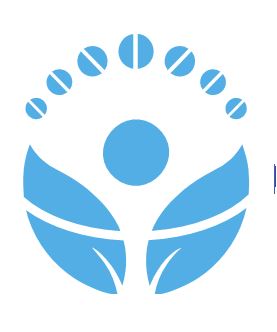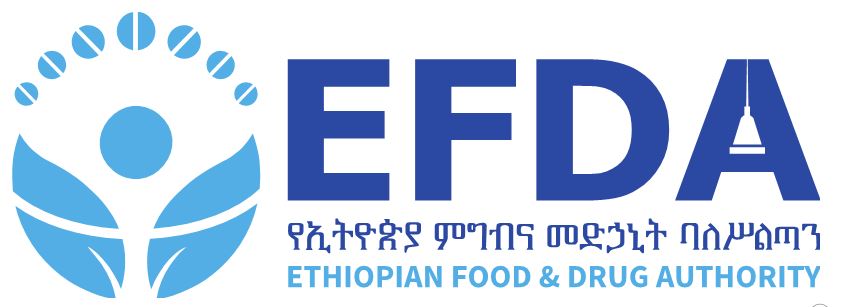An Adverse Event Following Immunization (AEFI) is any untoward medical occurrence which follows immunization and which does not necessarily have a causal relationship with the usage of the vaccine. The adverse event may be any unfavorable or unintended sign, abnormal laboratory finding, symptom or disease. Reported adverse events can either be a result of the vaccine or immunization process, or coincidental events that are not due to the vaccine or immunization process but are temporally associated with immunization. Adverse events following immunization are one of the major concerns in immunization which inhibits public demand for immunization. Vaccine pharmacovigilance is the process of ensuring and monitoring safety of all aspects of immunization, including vaccine quality, adverse events, vaccine storage and handling, vaccine administration, disposal of sharps and management of waste. This surveillance is therefore a major public health strategy in addressing public health concerns and build public confidence on immunization. Vaccines unlike other medicines need strong post marketing surveillance for detecting AEFI’s for the following reasons:- Vaccines are biological products, therefore are more prone to lot/batch variation and instability. Vaccines as opposed to medicines are given for prevention in healthy, larger population. Therefore, there is lower risk of tolerance . Vaccines products unlike medicines, are relatively limited in number . In Vaccines, with single dose, there is a greater potential for temporal “coincidence” adverse events . Vaccines are prone to “program error” ( techniques, skills, appropriate logistics etc. often required). In Vaccines, cold chain is often critical Vaccines are mostly injectable and are more likely to have injection “reaction” . Vaccines are commonly administered in mass campaigns: many doses in short time in defined population: therefore, more prone to many “reactions” in a short time. Vaccines are associated with politics of access/safety. The general objective of AEFI surveillance is early detection and appropriate and quick response to adverse events in order to lessen the negative impact on the health of the individuals and on the immunization program. It will also enhance program credibility and can provide country-specific data on vaccine risks. As EFMHACA is given a mandate to lead and coordinate AEFI ,the focal point for AEFI surveillance will be EFMHACA. However, Vaccine pharmacovigilance requires a strong collaboration between all immunization stakeholders (i.e., National Immunization Programs, National Regulatory Authorities, Public Health Emergency Management, Suppliers and manufacturers), professional associations, academic institutions, Health institutions , Clients including guardians and developmental partners
- Home
- About Us
- News and Events
- Services
- Publications
- Directorates
- Director General
- Medicine Sector Deputy Director General
- Food Sector Deputy Director General
- Medical Device Sector Deputy Director General
- Chief Executive Officer
- Basic Service Executive Officer
- Competence & Human Resource Management Executive Officer
- Information & Technology Executive Officer
- Organizational Change Management Executive Officer
- Procurement & Finance Executive Officer
- Strategic Affair Executive Officer
- Women & Inclusive Social Affair Executive Officer
- Branch Office Head
- COVID19
- Public Information
- Announcement
- Contact
Pharmacovigilance newsletter No 15
You are here:
- Home
- Publication
- Pharmacovigilance newsletter No 15



